The AFL and the Essendon and Richmond Football Clubs are pleased to announce former St Kilda and Brisbane Lions player Gilbert McAdam has been selected as the inaugural winner of the Nowalenko Award.
Gilbert’s nomination was submitted by the St Kilda Football Club.
The Essendon Football Club in conjunction with Richmond Football Club and the AFL, have agreed that each year, a retired Indigenous player be named the winner of the Nowalenko Award. The award will provide recognition of an Indigenous player who has contributed significantly to AFL football, their club and their community. The award is an extension of the Essendon versus Richmond, Dreamtime at the G event, which this year will form the focus of the AFL's Indigenous Round in Round Nine.
The award was judged on two key criteria: the playing record of the individual (they should have at least played at State League level) and the contribution the player made to the community, whether this is the Indigenous or the broader Australian community.
The winner was selected by a panel, made up of a representative from the AFL, Essendon Football Club, Richmond Football Club, a past Indigenous AFL player and AFL SportsReady.
AFL Indigenous ambassador and Essendon great Michael Long was one of the selectors and said the award was a great addition to the round.
""This award provides everyone involved in the game the opportunity to acknowledge someone who not only played the game at the highest level and inspired young footballers everywhere but who have also continued that work since their playing career finished,"" Mr Long said.
The name of the award – Nowalenko (pronounced NO-WARL-ENK-O) – comes from the Woiwurrung language which is the spoken word of the Wurundjeri people, whose traditional land includes the area around the MCG. The word represents a range of characteristics in line with the award winner; success on ground and the effect of contribution to club and community – brilliant, success, effect, distinction and acclaim.
Gilbert McAdam
Playing Career
St Kilda (1991-93) – 53 games, 48 goals
Brisbane (1994-96) – 58 games, 41 goals
·
A former Central Districts wingman who won the Magarey Medal in 1989·
His cool attitude and ability to read the game was phenomenal·
Mainly a winger and half forward·
He had pace off the mark and perfect judgement·
After the 1993 season ended he went on a trip to promote the game in Hall’s Creek (a large Aboriginal settlement in Western Australia) and it was a real eye opener for him to find he was related to some of the children in the area.Contribution to Community
Gilbert has been involved in game development for over 10 years since his playing career finished and was the first AFL KickStart Development Officer in the Northern Territory - he was instrumental in getting the program off the ground. During that time Gilbert worked throughout the Northern Territory, Queensland and Western Australia, including Alice Springs and Halls Creek where his mother and father came from.
Gilbert now lives and works in Shepparton with the Rumbalara Football Netball Club and the Academy of Sport, Health and Education (ASHE). Gilbert manages the NAB AFL Auskick program for Rumbalara and is a mentor for both the players and the coaches.
ASHE uses participation in sport to undertake education and training within a trusted, culturally appropriate environment, particularly for Indigenous students with its foundation based on a partnership between the Rumbalara FNC and the University of Melbourne. Gilbert works as a Sports and Personal Development Officer and oversees the sports specialisation programs which include football, netball and golf and will play a leading role in mentoring and supporting ASHE full-time students which will number more than 60 this year.
Dreamtime at the G is in its third successful year and the match and surrounding activities have been so successful that the AFL has developed an Indigenous Round across the competition in Round Nine. Dreamtime at the G will remain as the marquee event of this featured round.
Dreamtime at the G and the Indigenous Round recognise the unique and exciting contribution that Indigenous players have made to football. They also celebrate current players and the excitement that they provide and encourages the building of bridges between Indigenous cultures and communities and the rest of Australia.


